How legal marijuana can bring life back to rural America
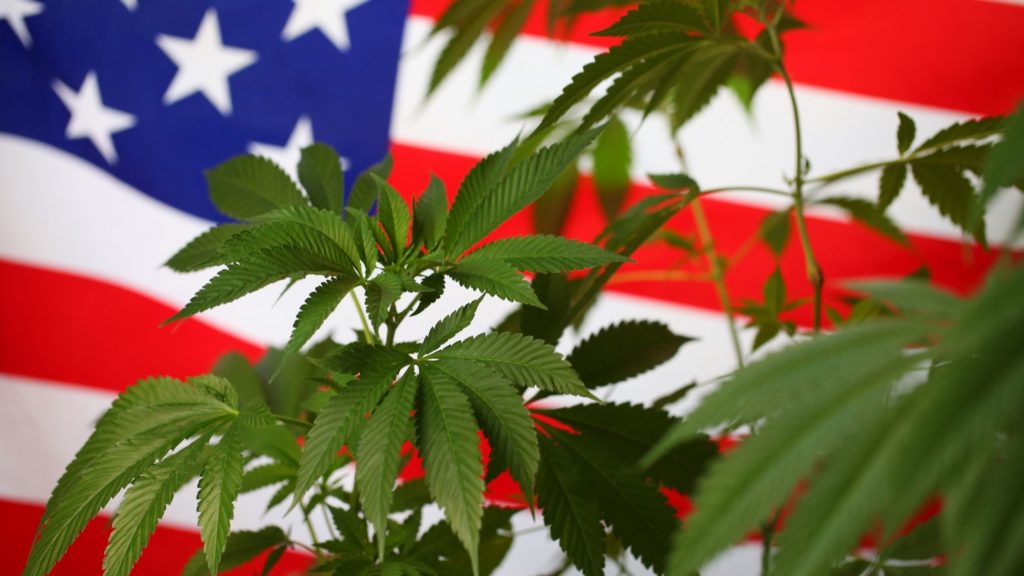
Things are tougher than ever in rural America, and some parts of the wide-open spaces never recovered from the economic downturn of 2008. There are many reasons that this is the case, from insufficient tax bases to onerous tariffs on agricultural or manufactured goods. As times get tougher, the opioid epidemic has taken hold and rates of violent crime are soaring in areas that were once peaceful havens away from the cities. One potential answer to this problem is a new, easy to grow cash crop with high national demand, and this is an opportunity presented by the cultivation of marijuana plants. The irony is that the rural states that are most likely to benefit from the legalization of cannabis have been the ones most implacably against new legislation to legalize it for medical or recreational purposes.
How rural America could benefit economically from marijuana
There are two huge challenges facing rural America: a lack of jobs and the loss of its promising young people. The legalization of marijuana in several states has been an economic boon to them because they not only create opportunities for agricultural cultivation but also in transportation, manufacturing, and retail sales. Government officials who previously made their name fighting against the legalization of marijuana, such as former Speaker of the House John Boehner, are now reaping the benefits of these start-up industries related to the cultivation of marijuana. As more states join the numbers of states that have legalized marijuana, the demand for these products and services will grow in pace. Rural America is uniquely positioned to benefit from this, already having cornered the market on agribusiness professionals who have the skill sets to meet the demand for cannabis.
A way to stop a silent killer
Not only would the cultivation and sales of cannabis revitalize stagnant and failing job markets and tax bases in the deep country, but it could also be a way to combat a silent killer that is the scourge of rural America. Studies have shown that suicides and overdoses of opiates are growing in rural areas. While the suicide rate could be attributable to a scarcity of mental health services in rural areas or economic anxiety, the overdose epidemic is more troubling. This could be mitigated through medical marijuana use, as many users of opiates only begin using these prescriptions to treat conditions for which marijuana is a safer alternative. As for the economic factors that lead to suicidal despair, an improving local economy resulting from cannabis production paired with better medical services provided by increased tax proceeds could go a long way toward treating both of these causes of malaise.
Making communities safer
As anyone that lives in a rural area can tell you, just because marijuana is illegal doesn’t mean that you can’t get it. However, the black market for cannabis products only benefits and attracts criminals. The illegal cannabis trade, along with the transportation and sale of other illegal narcotics, has become more violent in the last decade and this violent crime is being felt in rural communities. As many farms are forced to close and manufacturing businesses shut down their factories, these illegal methods of employment are becoming the only way some people can make a living. In states that have legalized cannabis, there has been a marked decrease in violent crime as the illegal activity is disincentivized by legitimate opportunities. Local law enforcement budgets have also become more generous as the tax base increases, making communities better able to respond to violent crime and incidents.
Opportunities for tourism
Rural communities in Washington State and Colorado have shown how much a vibrant cannabis industry can improve tourism. As much as locals may have purchased cannabis products, almost half of the average sales are being accounted for by out of state visitors, and that number is much higher in smaller communities that rely on the tourist trade during summer months. Rural America has vast untapped potential for tourism that may include music festivals, food events, and sports activities. Legal cannabis products will be an additional attraction that will make these excursions more attractive to young people as well as the nostalgic members of the older generation.
So why do these states oppose legalization?
There are many reasons why rural states oppose the legalization of marijuana, but primarily it is cultural. There is a firm belief in many rural communities that legalization will attract more crime and violence, but the statistics show that the reverse is true. Decades of strict prohibitionist education when it comes to all forms of drug use have failed to reduce instances of drug use or addiction, but it has served to stigmatize marijuana and its use. In an infamous incident, a county in California legalized the cultivation of marijuana plants in order to meet the statewide demand, only to suffer a voter backlash that saw it prohibited once again. This continues to cause problems in light of the fact that taxes were already collected.
When asked, residents of rural communities are quick to call out the use of marijuana as immoral or as a gateway drug to using harder illegal narcotics. Although this proposition has not been backed up by scientific studies, it has been stated enough in state-sponsored anti-drug education that people are inclined to believe it even in the absence of evidence. Changing this mindset will take more than just pointing out economic benefits or showing statistics that legalization actually lowers the numbers of minors using marijuana. It will take education equal or exceeding the amount of fearmongering that has surrounded marijuana use over the course of a generation.
How to bridge the gap
For many rural communities, it may require baby steps to move in the right direction. One way to turn the tide is to keep members of the community appraised of marijuana news from around the country. Seeing and understanding the prosperity that legal cannabis has brought rural areas in other states may go a long way toward alleviating the fear of what will happen in their own communities if such legislation passes.
It is clear that some areas will not be prepared for full legal recreational use of marijuana by adults as other states have allowed. However, these communities may be receptive to the arguments for the legalization of marijuana for medical purposes, and this can be a great way to plant the seeds of an agricultural revitalization as well as a nascent legal marijuana industry. Many states took this step first in order to evaluate how it would work in their community. This also lets state and local governments put the infrastructure in place to ensure legal compliance and secure public safety considerations. It may require a great deal of planning, but in time a vibrant industry can take shape and bring life back to these economically distressed areas.
Which state do you think is going to be next to legalize marijuana? For all the latest cannabis news, visit our website and find out how the cannabis industry is taking rural areas by storm!
Sources:
Legalizing Cannabis Can Help Rural Americans. Here’s How
https://www.leafly.com/news/politics/legalizing-cannabis-can-help-rural-americans-heres-how
Recreational Marijuana: A Business Boon for States?
https://www.usnews.com/news/best-states/articles/2018-08-01/the-legalization-of-recreational-marijuana-an-economic-opportunity-for-states
Recreational marijuana may mean changes for rural communities in Michigan
https://www.michiganradio.org/post/recreational-marijuana-may-mean-changes-rural-communities-michigan
The Surprising Legacy of the Place Where Legal Weed Began

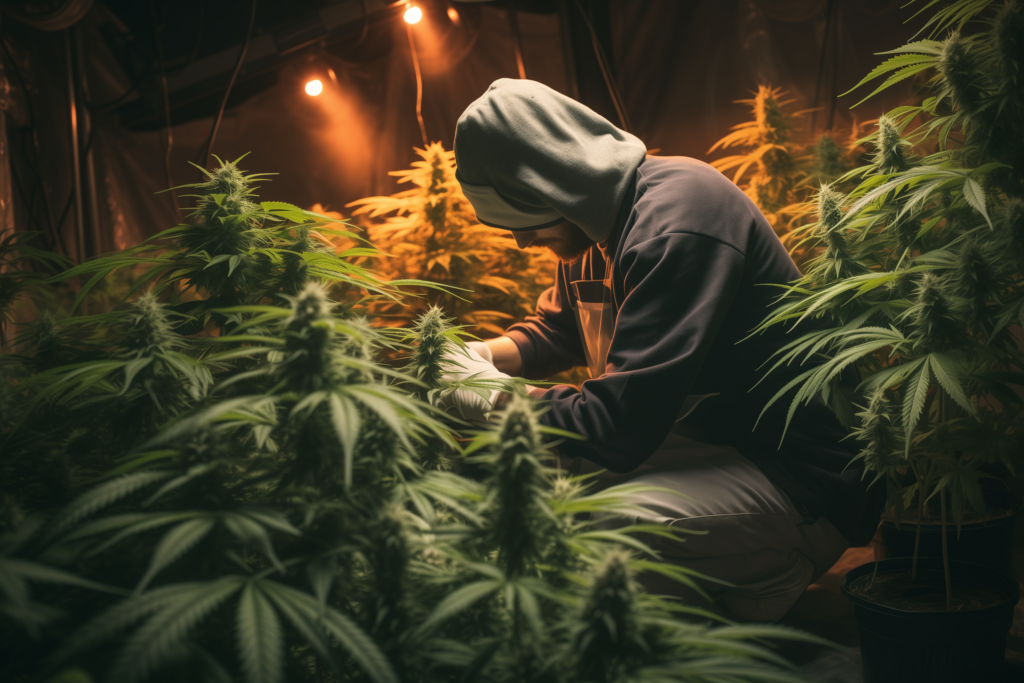
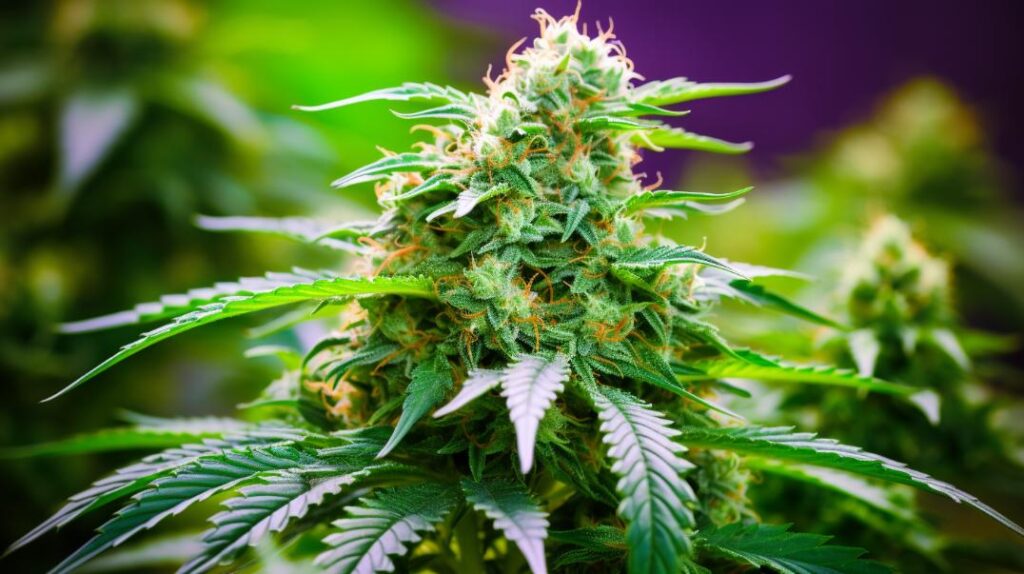
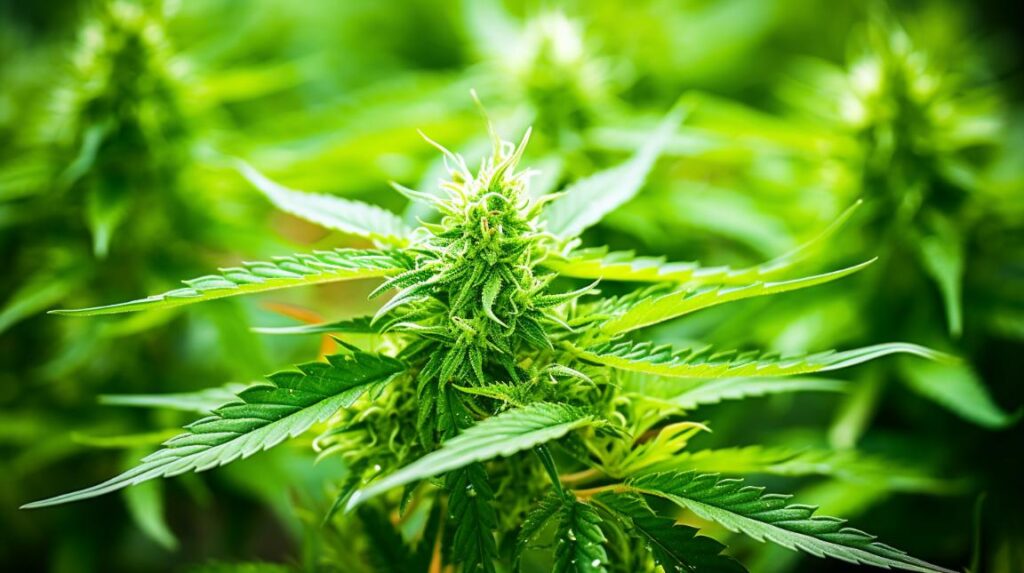
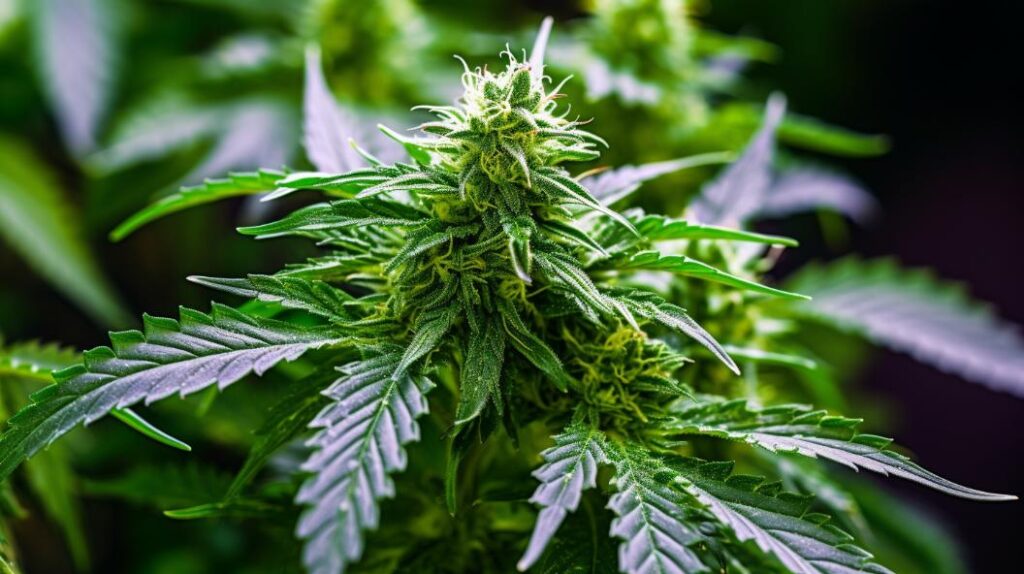
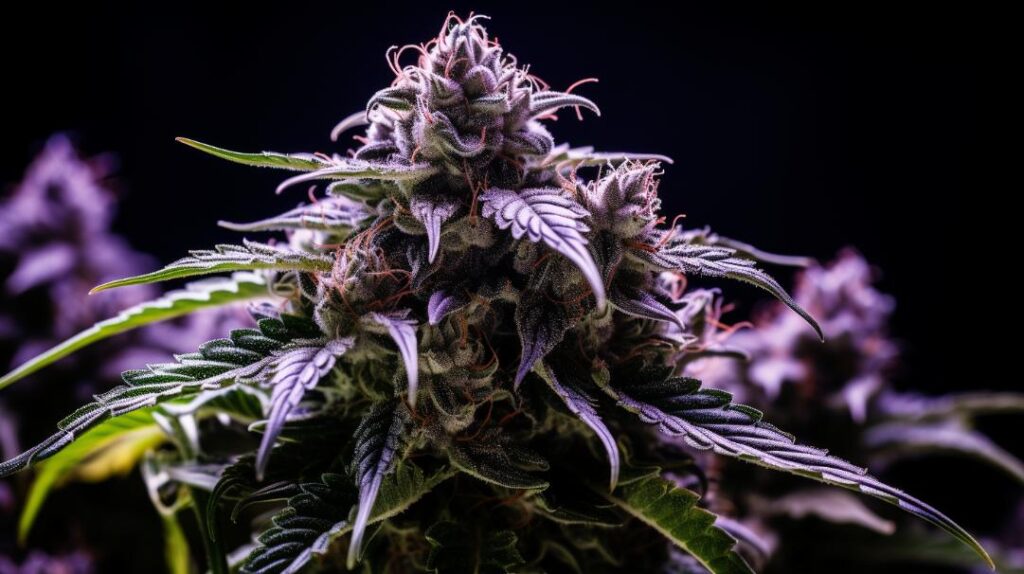

Responses